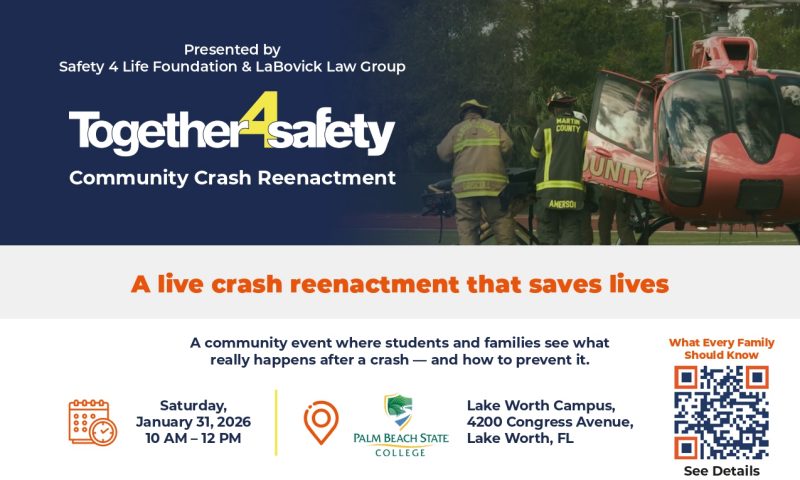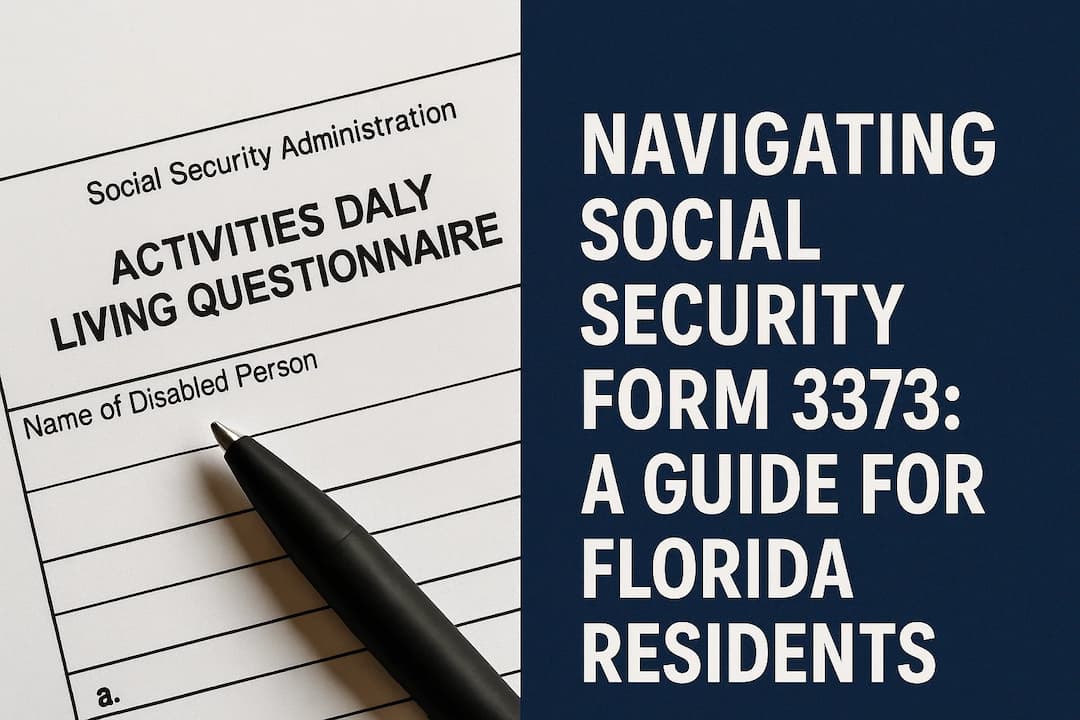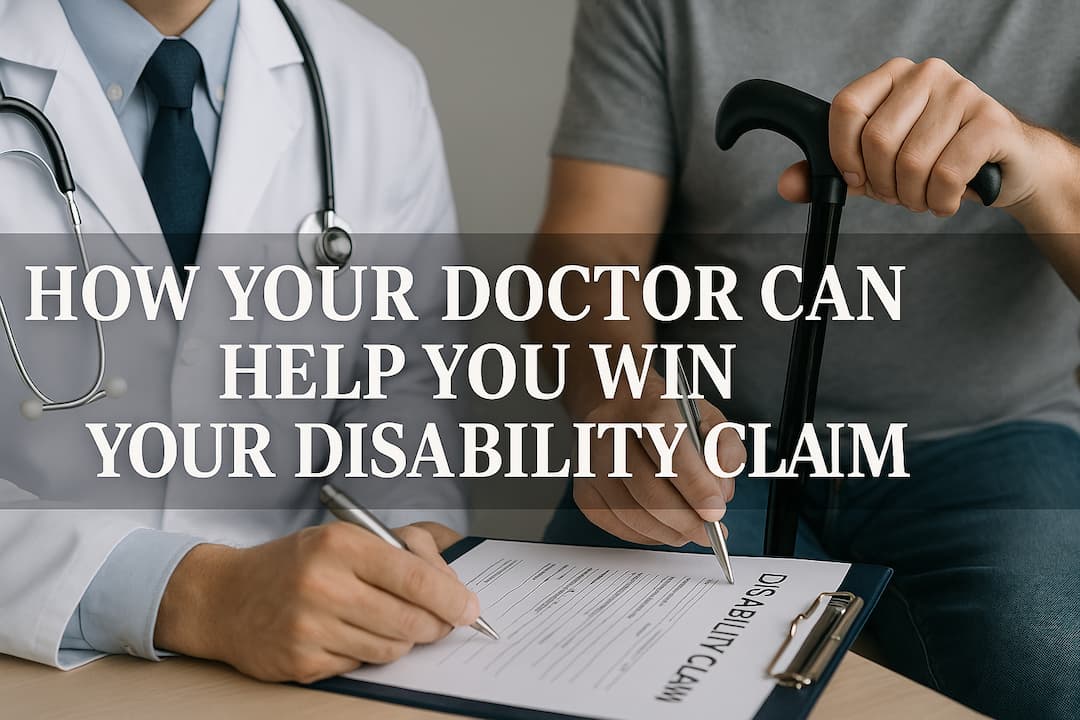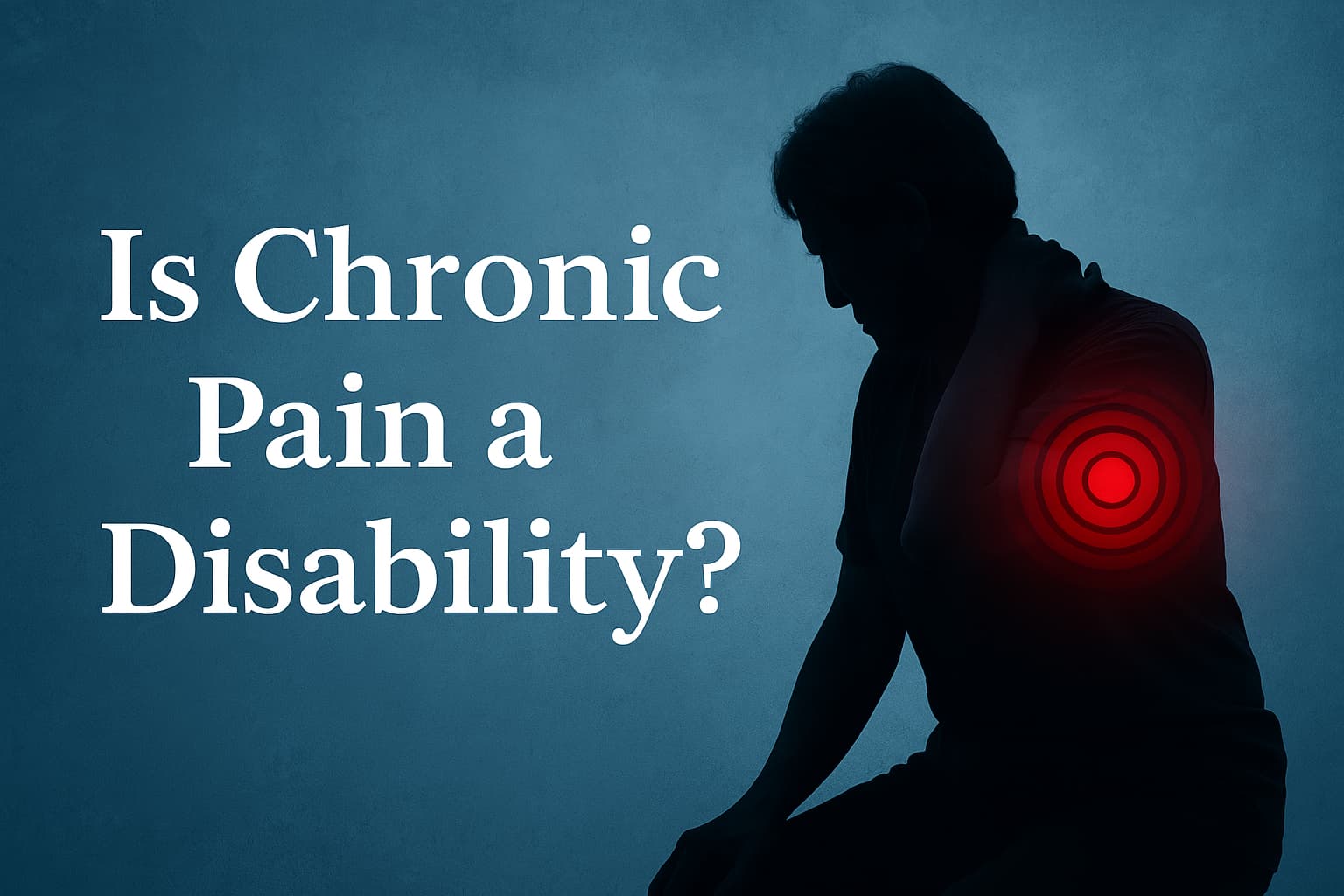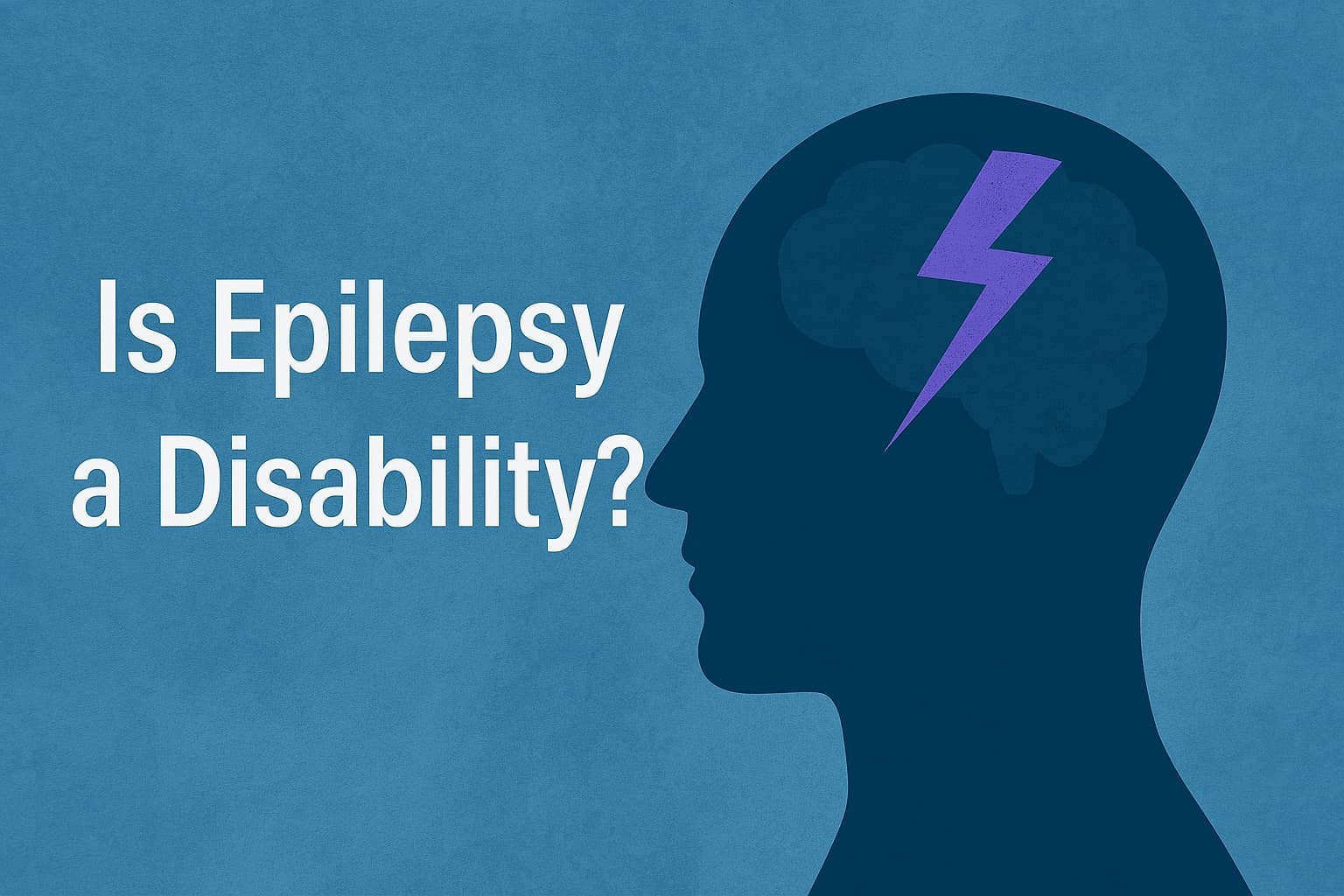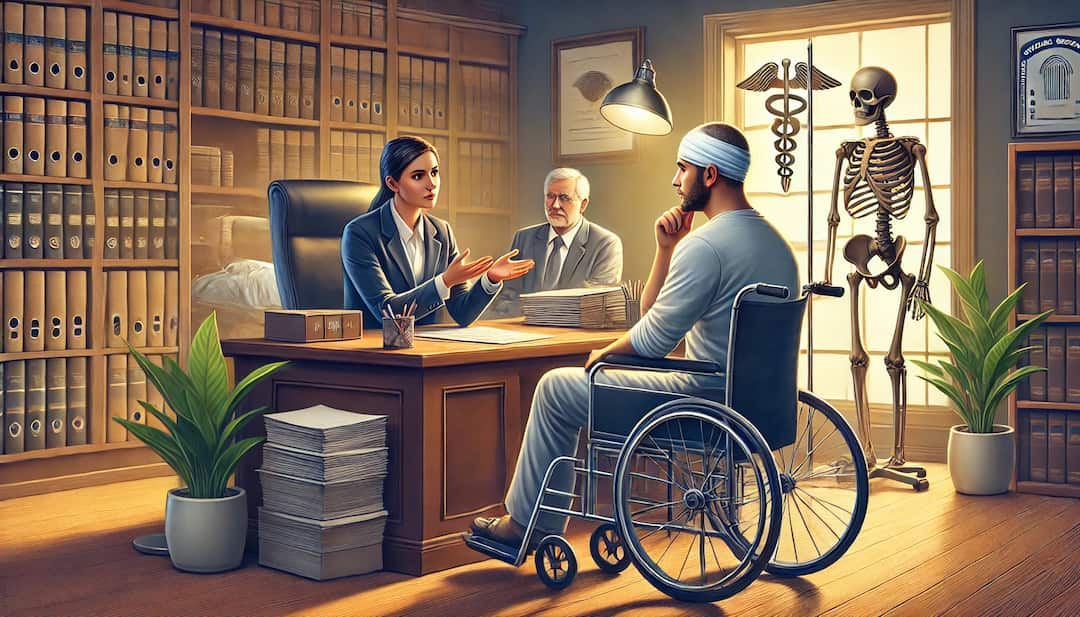Joe was driving his 18 wheeler on the Florida Turnpike headed south after a long-haul run. He was “bobtailing” which means he did not have a cargo trailer on the back of his truck rig. A drunk driver lost control of his car causing Joe to avoid the accident but drive off the highway and into a canal. He was injured in the accident but also witnessed a child die when he climbed out of the truck and came to the accident site. There the injured child was trapped under the car and he was powerless to save the child before it passed.
get started template Form - HQ
"*" indicates required fields

